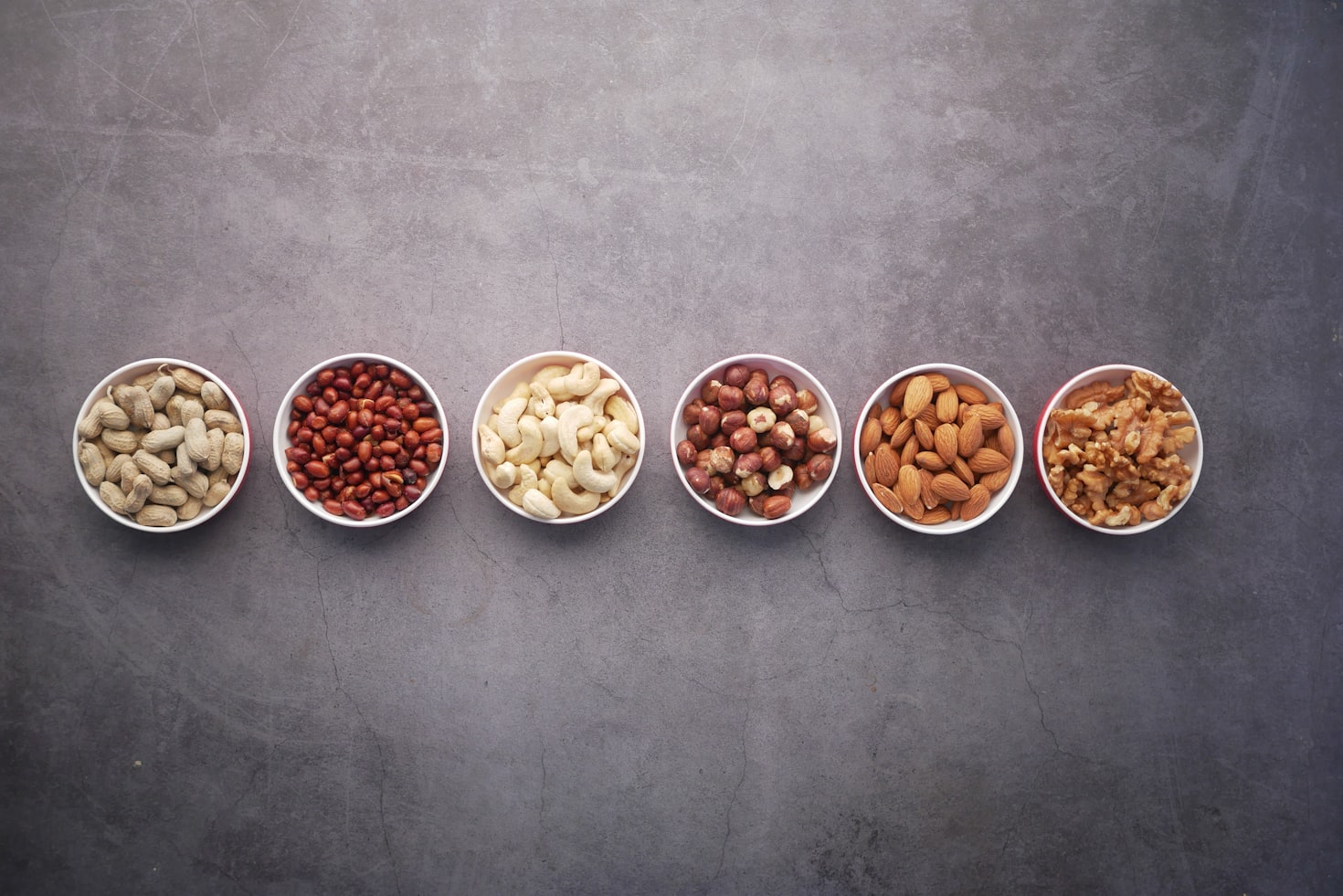How Many Grams Of Protein Per Day On Keto
The ketogenic diet, or keto diet, has gained popularity in recent years for its potential to promote weight loss and improve overall health. This low-carb, high-fat diet focuses on consuming foods that are rich in healthy fats and low in carbohydrates. While the primary macronutrient in a keto diet is fat, it is essential to also consider the appropriate intake of protein.
The Role of Protein in the Keto Diet
Protein is an essential macronutrient that plays a crucial role in various bodily functions. It is responsible for building and repairing tissues, producing enzymes and hormones, and supporting a healthy immune system. When following a keto diet, protein becomes even more important as it helps maintain muscle mass and supports the body’s metabolic processes.
However, it is important to note that the keto diet is primarily a high-fat diet, and excessive protein intake can potentially hinder the body’s ability to enter and maintain a state of ketosis. Ketosis is a metabolic state in which the body uses fat as its primary source of fuel instead of carbohydrates. Consuming too much protein can lead to gluconeogenesis, a process where excess protein is converted into glucose, potentially disrupting ketosis.
Determining Protein Needs on Keto
The appropriate amount of protein to consume on a keto diet varies depending on factors such as age, sex, weight, activity level, and overall health goals. A general guideline for protein intake on a keto diet is to consume between 0.6 to 1 gram of protein per pound of lean body mass.
To determine your lean body mass, you can use various methods such as body composition analysis or online calculators. Once you have calculated your lean body mass, you can multiply it by the recommended protein range to determine your daily protein intake.
Examples of Protein Sources on Keto
When following a keto diet, it is important to choose protein sources that are low in carbohydrates and high in healthy fats. Here are some examples of protein sources that are suitable for a keto diet:
- Fatty cuts of meat such as beef, pork, and lamb
- Poultry such as chicken and turkey (preferably with the skin on)
- Fatty fish like salmon, mackerel, and sardines
- Eggs and egg yolks
- Full-fat dairy products like cheese and Greek yogurt
- Nuts and seeds
FAQs About Protein Intake on Keto
1. Can I consume too much protein on a keto diet?
While protein is essential, consuming excessive amounts can potentially hinder ketosis. It is important to find the right balance and not exceed your recommended protein intake.
2. What happens if I don’t consume enough protein on a keto diet?
Inadequate protein intake can lead to muscle loss, weakened immune function, and other health issues. It is crucial to meet your protein needs while following a keto diet.
3. Can I consume protein supplements on a keto diet?
Protein supplements can be incorporated into a keto diet, but it is important to choose those that are low in carbohydrates and do not contain added sugars. Opt for protein powders made from sources like whey, collagen, or plant-based proteins.
4. Should I consume protein before or after workouts on a keto diet?
Consuming protein both before and after workouts can be beneficial for muscle recovery and growth. However, the timing may vary depending on individual preferences and goals.
5. Can I consume protein from plant-based sources on a keto diet?
Absolutely! Plant-based protein sources such as tofu, tempeh, seitan, and legumes can be included in a keto diet. However, it is important to consider their carbohydrate content and portion sizes to stay within the desired macronutrient ratios.
6. Can I consume protein bars on a keto diet?
While there are protein bars available that are specifically formulated for a keto diet, it is important to read the labels carefully. Look for bars that are low in carbohydrates, high in healthy fats, and do not contain added sugars or artificial ingredients.
Summary
Protein is an essential macronutrient that plays a crucial role in the ketogenic diet. While the focus of the keto diet is on consuming high amounts of healthy fats, it is important to also consider the appropriate intake of protein. The recommended protein intake on a keto diet is between 0.6 to 1 gram per pound of lean body mass. Choosing protein sources that are low in carbohydrates and high in healthy fats is key. It is important to find the right balance and not exceed the recommended protein intake to maintain ketosis and achieve optimal results on a keto diet.





